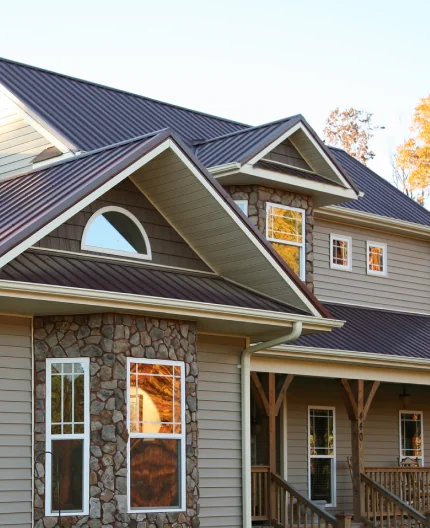Which Home Improvement Project Offers the Best Return on Investment?
Published on Tuesday December 27, 2016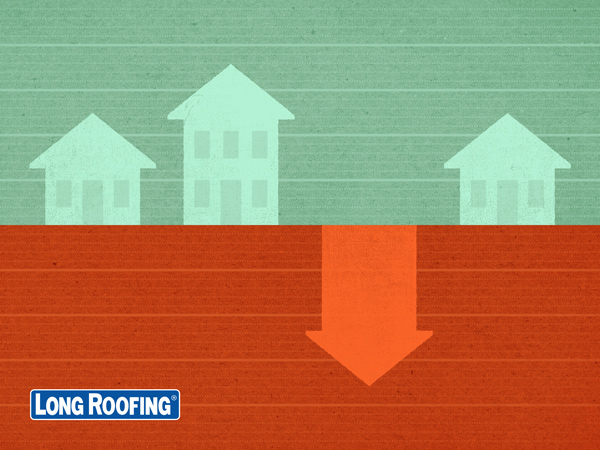
Like most homeowners, you probably have a home improvement project or two on your wish list. These investments can improve your quality of life and the increase the value of your home. They’re also time-consuming and expensive.
You get to tackle a home improvement project on this scale once every few years. How do you decide what comes first?
The ROI of a home improvement project
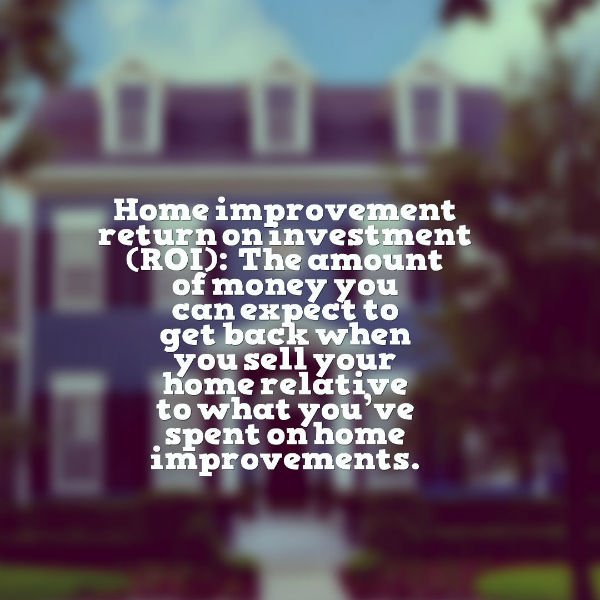
Home improvement return on investment (ROI): The amount of money you can expect to get back when you sell relative to what you’ve spent on home improvements.
- This value usually represents the percentage of return. One hundred percent ROI means that you earned back everything you spent on your home improvement project. Zero percent ROI means you didn’t recoup any of that money at all. These percentages vary based on the type of project, the region, and market trends.
On the Move
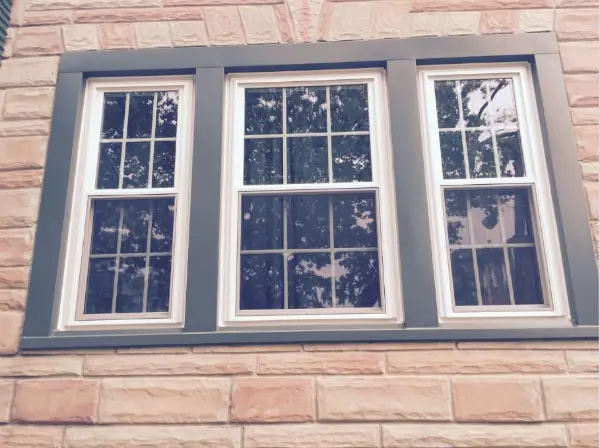
Your home improvement project has a greater sense of urgency when you’re considering a near-term resale. The goal is to make improvements that get your home sold without spending more than the net value of the investments. In most cases, this means sticking to minor home improvements.
In the South Atlantic region — where our customers in Washington, D.C., Maryland and Northern Virginia live —the safest home improvement projects secure your home from the elements while enhancing the aesthetics.
Your best bets: Remodeling.com reports that steel entry doors, updated siding, roof replacement and new windows yield ROI rates greater than 70 percent.
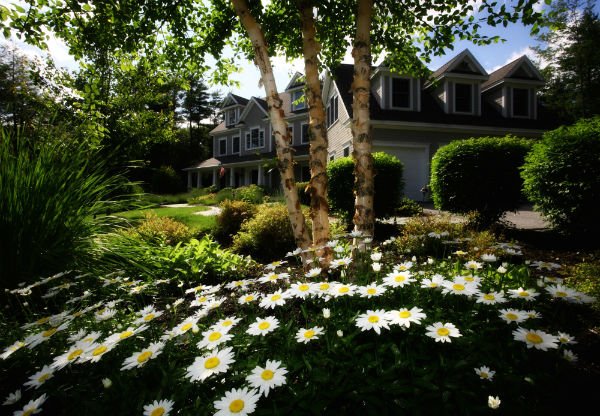
Curb appeal matters! Landscaping is another way to deliver home improvement ROI. John Gidding, host of HGTV’s Curb Appeal, told The Washington Post’s Jill Chodorov that the ROI of landscaping your property is 150 percent — “but to me,” he added, “that’s conservative.”
“I have been asked about this multiple times,” Gidding said. “On a Curb Appeal project, I put in $20,000 and the sellers got $200,000 more than they had paid for the house just a year prior. The return was astonishing…I would not say that every $20,000 gets you $200,000. It depends on if you are investing your money well. The best strategy is to research the architectural style of your home and create a landscaping plan that matches.”

Consider Your Market. You earn a higher home improvement project ROI when you have the improvements that buyers want. Pretty obvious, right?
HarryHelmet.com reports that wood decks are smart investments in Baltimore, for instance: “This deck would be 320 square feet and be anchored into concrete piers that support 4×4 posts and feature pressure treated joists and deck boards. It would include steps, a planter, a built-in bench, and wood railing all around it. Though the total cost would be around $9,300 the homeowner could recoup about 78.6% of what he or she spends.”
Keeping your market in mind is key. For example, fiber-cement and vinyl siding replacement is a smart home improvement project for Washington, D.C. residents, while Richmond homeowners should consider bathroom remodels, and our friends in Harrisburg may want to look at attic bedroom conversions.
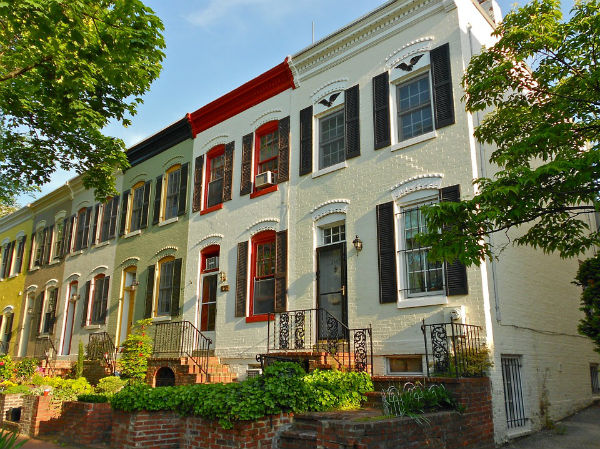
What’s hot? In a hot housing market like Washington, D.C., a bathroom remodel can earn you a positive return on your investment despite the up-front cost. However, you may be better served by adding a second bathroom rather than a simple rehab of the existing space.
Give us a call when you’re selling your home.
We make sure that you have the kind of roofing that earns top dollar on the housing market. If you don’t, we can help you with a roof replacement that will maximize your housing value when you do sell.
Contact Long Home Products online to schedule a free, in-home consultation or find answers to any home roofing questions. Ask us about our industry-leading 50-year roofing warranty.
Interested in Long Home Products?
See our special offers now.
*Excludes labor. Subject to credit approval.
**Excludes labor. Subject to credit approval.
One-day installs contingent upon municipal rules and regulations.
By submitting a form, I authorize Long Home to contact me with information about its products and services via mail, email, phone and/or text at the contact information provided, even if I am on the national do not call list. Long Home may use automated telephone technology to initiate calls to its customers. Calls and in person estimates may be recorded for quality and training purposes.






